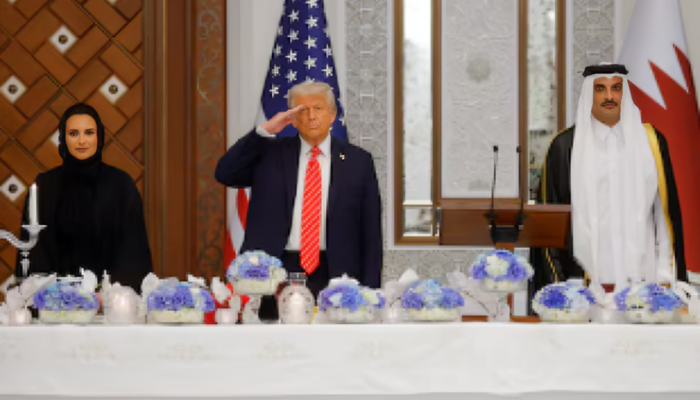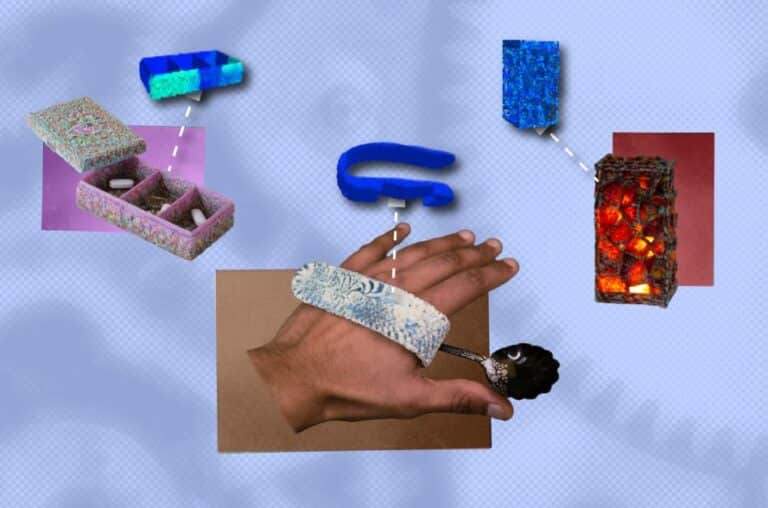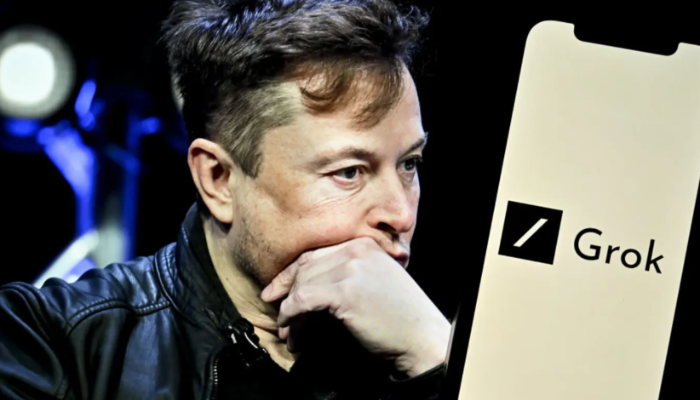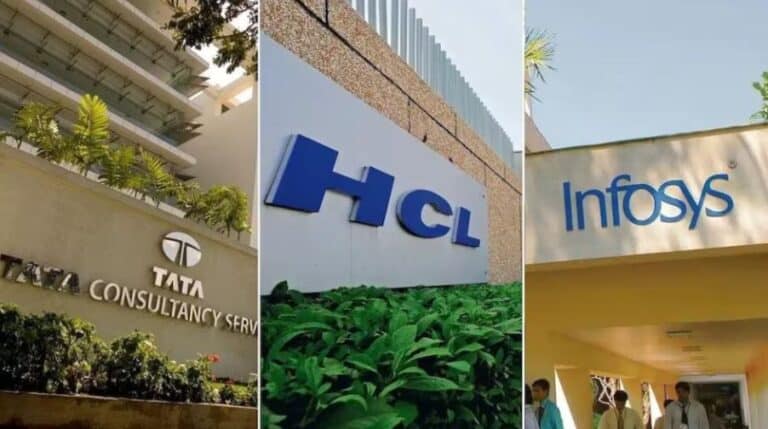
U.S. President Donald Trump is set to arrive in the United Arab Emirates following a brief diplomatic visit to Qatar, where he addressed American troops stationed in the region. His next stop, the UAE, comes at a crucial time as the Gulf powerhouse aims to fast-track its ambitions of becoming a top-tier hub for artificial intelligence.
According to diplomatic sources, the United States and the UAE have reached a preliminary agreement that could enable the Gulf country to import up to 500,000 high-performance AI chips annually from U.S.-based chipmaker Nvidia, beginning this year.
This deal—reported by Reuters—is seen as a significant step in strengthening technological cooperation between Washington and Abu Dhabi, especially as the global AI race intensifies. The move also aligns with the UAE’s long-term goal to position itself among the top three global leaders in artificial intelligence, alongside the United States and China.
President Trump’s visit is expected to include high-level talks with UAE leadership, focusing on strategic tech partnerships, military collaboration, and mutual geopolitical interests in the Middle East.
Earlier on Thursday, Trump visited U.S. military personnel stationed in Qatar, offering remarks that emphasized continued American presence and support in the Gulf region. The visit comes amid growing U.S. interest in countering China’s influence over emerging technologies and supply chains in Asia and the Middle East.
Why the AI Deal Matters
The proposed Nvidia chip deal is seen as a cornerstone in UAE’s efforts to supercharge its AI development programs, especially in sectors like finance, healthcare, and autonomous transportation. The agreement also reflects U.S. confidence in the UAE as a trusted tech partner in a region often at the crossroads of East-West digital competition.
With the AI chip market becoming increasingly vital for national security and economic power, this partnership could give both nations a strategic edge—the U.S. gains a reliable ally for technological dominance, while the UAE secures critical hardware for AI innovation.
As geopolitical tensions continue to shape tech policy worldwide, President Trump’s Gulf visit signals a stronger U.S. commitment to guiding AI expansion on its own terms, particularly by empowering allies that share its regulatory values.







